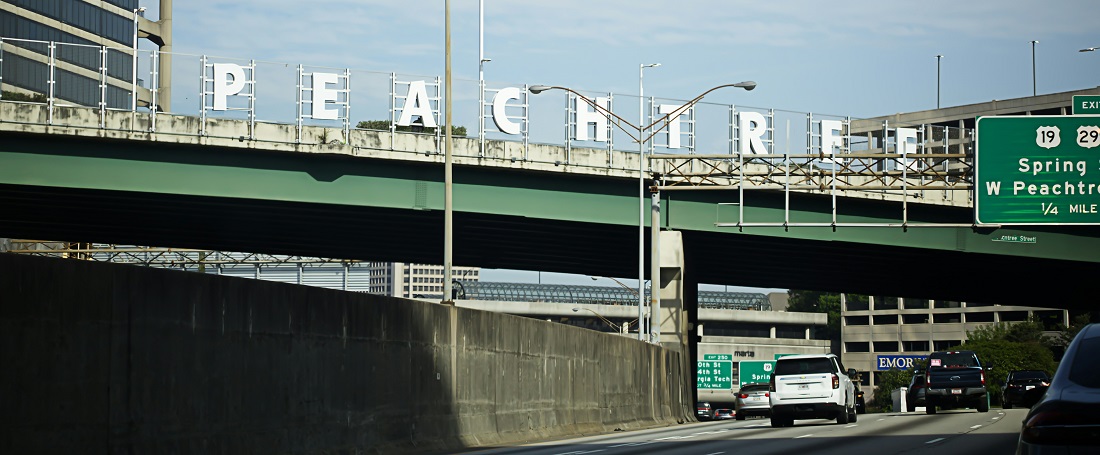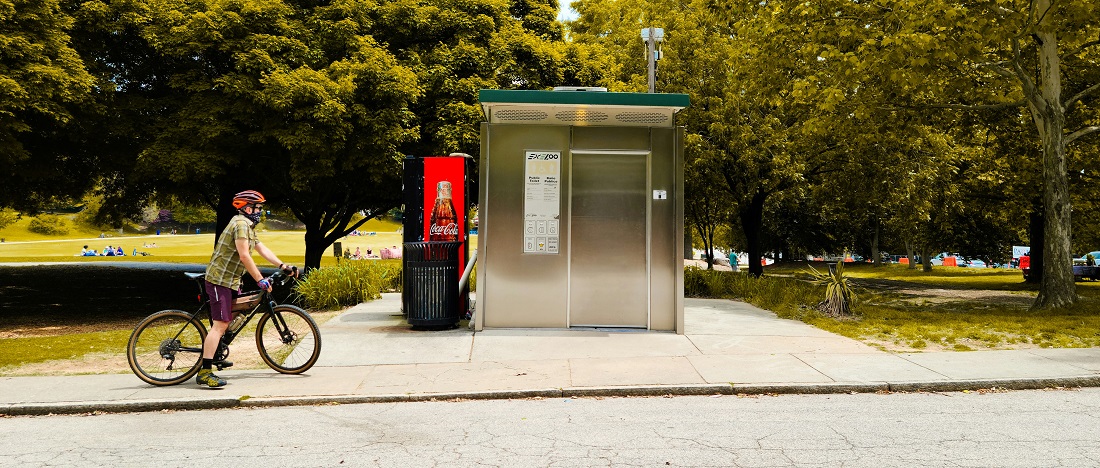Accommodation in Atlanta is varied and offers plenty of options for new arrivals to the city. From urban living downtown to family living in the outer suburbs, there are ample options for suitable housing in Atlanta at reasonable prices.
Atlanta is a sprawling city, but it also has a limited public transport system, which often necessitates car ownership. The city is also notorious for traffic congestion, so it’s essential to consider the proximity of your home to your workplace and children’s schools.
Areas and suburbs in Atlanta
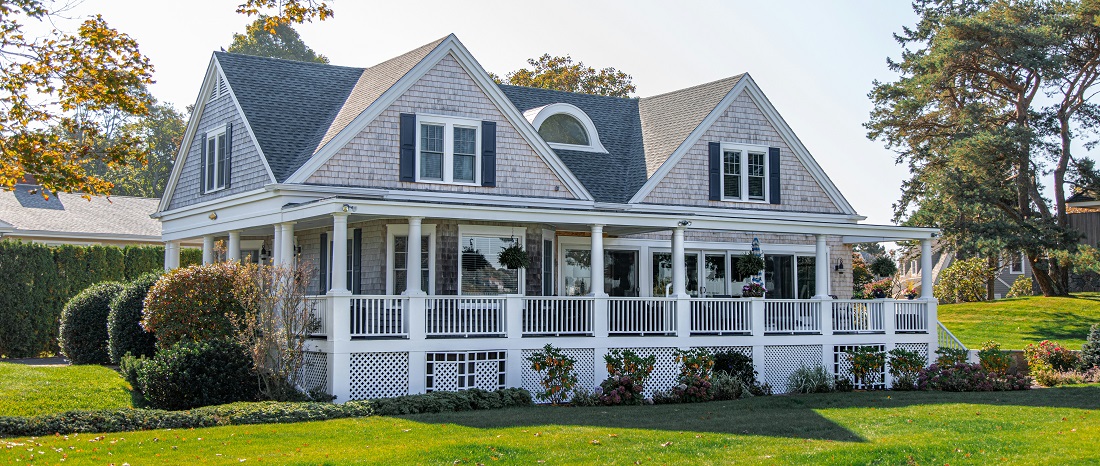
Atlanta is home to more than 240 neighbourhoods, each with unique charm and atmosphere. Whether you’re a family looking for access to good schools and green spaces or a young couple or professional seeking convenience, there’s something to suit everyone.
Inman Park boasts beautiful historic Victorian homes that are located on tree-lined streets, making it the perfect base for families moving to Atlanta. Accommodation here is mainly in the form of restored houses and modern condos, and residents living in the neighbourhood can access the Atlanta BeltLine. Grant Park, Virginia-Highland, and Buckhead are other family-friendly neighbourhoods in Atlanta.
Young professionals enjoy living in neighbourhoods like Midtown, Castleberry Hill, and Old Fourth Ward, where you can find thriving arts communities and an array of interesting accommodation types. Castleberry Hill is a revitalised industrial area that features loft apartments, art galleries, and exciting restaurants. The best part about living in these neighbourhoods is the proximity to downtown Atlanta.
Best (and Worst) Neighbourhoods in Atlanta
Types of accommodation in Atlanta
Atlanta offers a variety of housing types, depending on the area of the city. Areas near the city centre are generally more expensive than those outside the city limits, but the available amenities vary. Those living in town can access many entertainment options and restaurants with shorter commute times. In contrast, those living further away will have access to good schools and wide open spaces, but may have to endure a lengthy commute.
Apartments
These are popular with young professional Atlantans. Modern self-contained units within larger buildings and apartments can be found all over Atlanta. They tend to be one of the most affordable options and are a particularly popular choice within the downtown area, where space is limited.
Condos
Condos are a happy medium between houses and apartments. New arrivals will find that this option allows them to have a little extra space along with the benefits of communal living. Condos are self-contained units within a bigger complex where residents share a range of amenities, including communal swimming pools, gyms, gardens, and laundry facilities.
Houses
Newcomers looking for a bit more space will find a huge variety of houses, particularly towards the outskirts of town. From classic and colonial style mansions filled with character to minimalist modern designs, there is something to suit everyone’s tastes. Most of the newer housing will be found in outlying suburbs.
Finding accommodation in Atlanta
Expats moving to Atlanta need to decide on the type of accommodation they are interested in and which area they would like to live in before their search begins. Factors to consider include budget, lifestyle, and proximity to amenities. If looking to live in the city centre, new residents should always find out what parking is available in or near a residence, as parking can be limited in the city.
The easiest way to find property to rent or buy in Atlanta is online. Many online property portals list short- and long-term rentals, while individual housing estates and complexes also have websites where you can view floor plans, lists of rentals and purchasing options.
You can also work with a local real estate agent to assist in the house-hunting process; agents often negotiate on their clients’ behalf and arrange all the necessary paperwork.
Useful links
Renting accommodation in Atlanta
There are many rental options in Atlanta, with both furnished and unfurnished accommodation being available in the city.

Making an application
Once you have found a property you like, you’ll need to express your interest either to the agent or the landlord directly. The first step to securing a rental property is usually to tender a lease application. Credit and background checks will also be done, and you may be asked to supply references from previous landlords.
Once these have been verified, the tenant and landlord can sign the lease. For those moving to Atlanta from outside the US, it’s best to try to open a US bank account and set up a social security number before applying for a rental property.
Leases
Rental contracts are typically valid for a year, but tenants have the option to renew at the end of the initial term. At the landlord’s discretion, it may be possible to request a shorter lease. Tenants who want to negotiate any aspect of their lease should do so outside the peak holiday season, when there isn’t as much demand for holiday rentals.
Deposits
Prospective tenants will be required to put down a security deposit to secure the lease on a property. These rental deposits are fully refundable once the lease terminates, provided that the property is left in an acceptable state. For this reason, it is important to carry out a detailed inventory at both the beginning and end of the rental term, as damages will be deducted from the deposit.
Terminating the lease
Most landlords will require at least 30 days’ notice before terminating a lease agreement in Atlanta. In specific cases, like if a property is uninhabitable, tenants may be able to break a lease agreement with no notice. Still, it’s essential to provide your landlord with a formal termination notice to avoid later disputes.
We recommend documenting the state of the property when you move in and taking a thorough inventory with the landlord or rental agent to ensure you are not unfairly charged for normal wear and tear.
Useful links
Utilities in Atlanta
Renters need to pore over the terms of their lease agreements to determine which utilities are included. The landlord usually covers standard utilities such as water and sewer costs. Optional extras such as internet, cable TV and landline telephone services are often for the tenant’s personal account.
Electricity
Georgia Power is the primary electricity supplier in Atlanta. To open an account, you can visit the company’s website to start a service. You’ll need to provide your new address, proof of identity (passport and possibly your immigration documents), your social security number, and a lease agreement as proof of residence.
If you lack a credit history or don’t have a social security number, you’ll likely be required to pay a security deposit before your account is activated. We recommend beginning the service at least two weeks before moving in to ensure you are connected on your move-in day.
Gas
The gas market in Atlanta is deregulated, meaning residents can choose their own gas provider. SCANA Energy, Georgia Natural Gas (GNG), and Gas South are some of the leading providers in the city; each offers flexible agreements and competitive rates. You can compare rates using the Gas Marketers Pricing Commission data to make the best choice for your needs.
You can easily contact your chosen provider online or by telephone to set up an account. Similarly to electricity, you must provide your address, lease agreement, social security number, and proof of identity. Expats may also need to pay a security deposit, which is usually refundable.
Water
The City of Atlanta Department of Watershed Management is responsible for supplying water to locals in the city. Most landlords in Atlanta are typically responsible for water bills. If you have to take care of your own water bill, you can register an account with the Department of Watershed Management by completing a new service application, providing a current lease agreement, and your proof of identity.
You’ll also need to pay a security deposit and an account establishment fee. You can apply online, by fax or in person. Water bills are frequently paid monthly, and meters are also read on a 28- to 32-day cycle.
Bins and recycling
The City of Atlanta’s Department of Public Works oversees waste management in the city. The department collects household waste weekly using a kerbside collection system, while recyclables are collected biweekly. You can also arrange for bulk waste collection for large items like furniture for free for the first 12 pickups of the year.
Residents must ensure they place their rubbish bins and recycling carts on the kerbside by 4.30am on their designated collection day. You may occasionally be allowed up to three extra bags of rubbish, which can be placed next to your city-issued rubbish bin.
Useful links




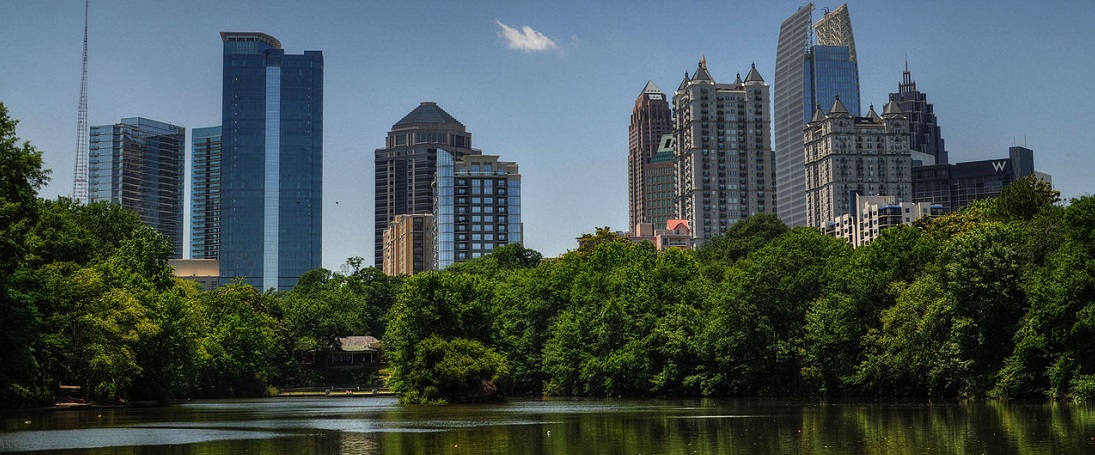 Midtown
Midtown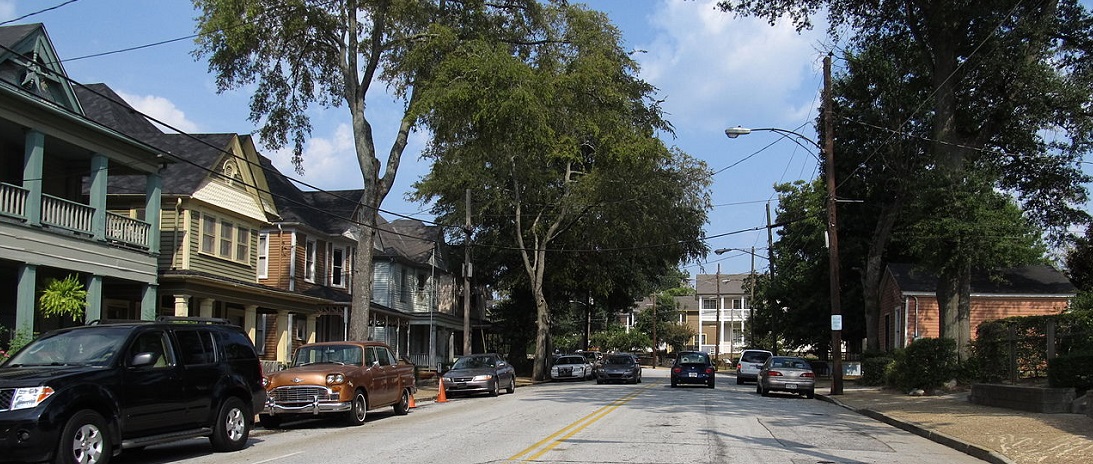 Grant Park
Grant Park





